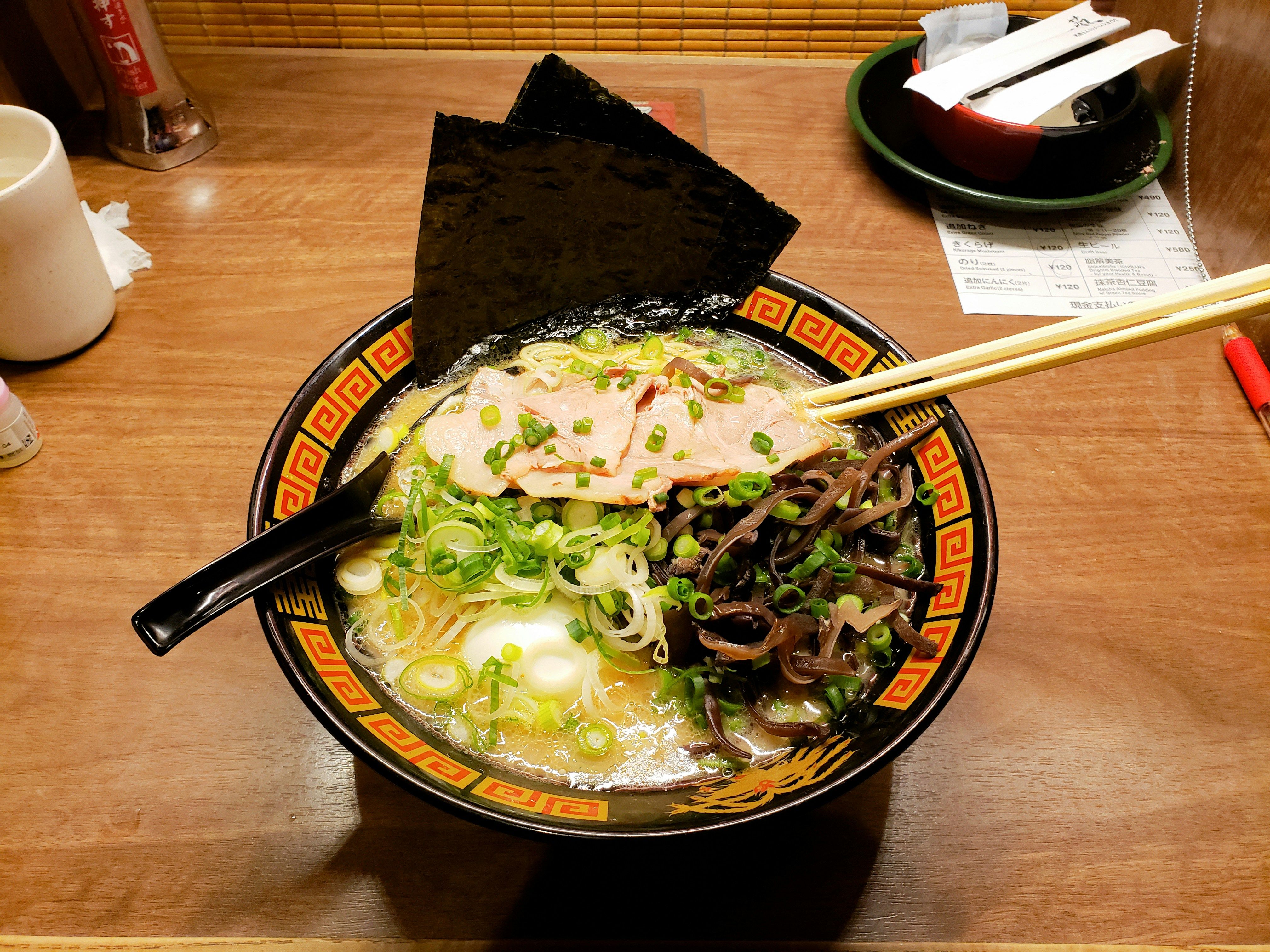🍜 Types of Ramen: Find Your Perfect Bowl

More in Food and Drink
 Free
Free🍻 How to Enjoy a Nomikai in Japan: Your Essential Work Party Guide
WorkJapan LifeFood and Drink Free
Free🌏 Global Chains You Should Totally Visit in Japan (Because They’re Way Cooler Here)
Food and Drink
Japan’s Tea Obsession: Bottles, Bubbles, and Beyond
Food and Drink
☕ Top 10 Popular Café Chains in Japan – Ranked!
Food and Drink
